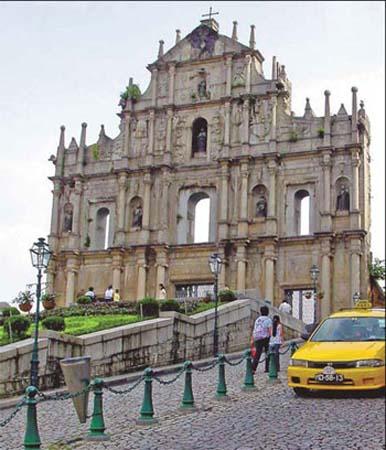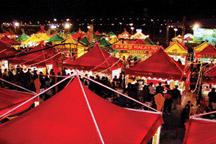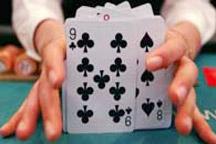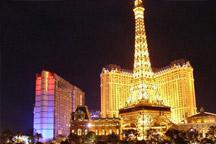Gambling capital is also gourmand's paradise
2010-03-25 11:43 BJTSpecial Report: Fun-finding trip in Macao |
Mention Macao and what comes to mind are magnificent hotels, glitzy nightclubs and packed casinos.
 |
| The ruins of the Church of St Paul's, built in 1602, is a fine example of Macao's cultural heritage. (Asia News photo) |
But there is another side to this city, one that is steeped in the rich and colorful history of a trading outpost that gave Western culture an early toehold in the East.
Much of this early European influence remains in the cobblestone alleyways, the colonial mansions and the many street-side cafes that recall the leisurely days of a previous era.
Situated at the mouth of a Pearl River estuary, Macao, with a total area of 29.2 sq km including the outlying islands of Taipa and Coloane, and Cotai, has been a place where East meets West for more than four centuries.
More than 90 percent of Macao's population of 542,000 are ethnic Chinese from the towns and villages of neighboring Guangdong province. The rest comprise mainly Portuguese and immigrants from other Asian countries.
Before the territory became a Portuguese colony in 1513, it was known by its Chinese name Ao Mun. The name Macao was derived from the Chinese A-Ma-Gao Bay. A-Ma was the name of the Chinese patron saint of seafarers and fishermen.
Macao was returned to China in 1999 and is now a special administrative region with an economy firmly rooted in tourism. It is now a favored destination of mainland tourists who come to shop, eat and, of course, gamble.
Related stories
 |
The 'Macau Food Festival', featuring food from around the world, will be held for 17 consecutive days in Sai Van Lake Square. Highlights include delicacies zones, namely Chinese, Asian, European, Local, Dessert and include teams from Malaysia and Taiwan. Full story >>
 |
2001-Gaming Act In 2001, the Macao
Legislative Assembly formally adopted a "legal system on gaming and casino operation" (commonly known as the "Gaming Act"), to give Macao´s "open gaming rights" a legal basis. Full story >>
 |
The Gaming Industry -- Macao's largest income
Gaming industry has a long history in Macao and it was first legalised in mid 19th century. Entering the 21st century, the gaming industry has developed a very close relation with the tourism industry and become a pillar of Macao's economy. Full story >>
- Macao gets new science center 2010-01-26

 Mail
Mail Share
Share Print
Print


 Video
Video









 2009 China Central Television. All Rights Reserved
2009 China Central Television. All Rights Reserved